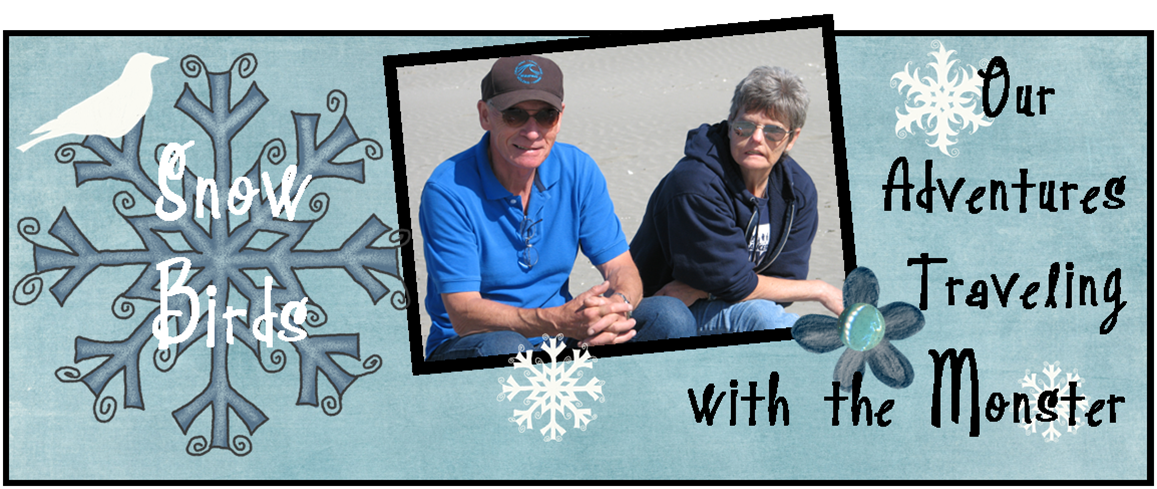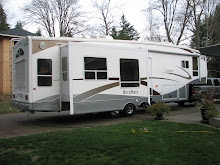One of the reasons I wanted to go to Rhyolite was to see the Goldwell Museum, located on the outskirts of the ghost town. I like going to these quirky places. This museum certainly qualifies. All of the statues are outside on the grounds. Artists come from Belgium to create these works from 1984 to 2000. Amazing they came all the way out to the desert to do this.
The earliest (1984) is by Albert Szukalski tittled The Last Supper. It was made by wrapping live models in fabric soaked in wet plaster and posing them like the painting by Leonardo Di Vinci. When the plaster was set, the model was slipped out, leaving the rigid shroud. he artist then coated the figures with fiberglass to make them impervious to weather.
Sit here was done in 2000 by Sofie Siegmann. Originally created for an artist in residence program for kids at the Discovery Children's Museum in Vegas. It was moved here in 2007
Shorty Harris was a prospector in Rhyolite. The penguin was the mascot of Rhyolite. No idea why they picked a penguin as a mascot. Penguin is the complete opposite of what you find in the desert

Other Belgium artists added to it later
Lady of the Desert. Done in 1992 by Dr Hugh Heyrman. Made with painted cement blocks. Reminds me of Lego's, but represents a pixilated presence in the high tech world of the 21st century.
Shorty Harris was a prospector in Rhyolite. The penguin was the mascot of Rhyolite. No idea why they picked a penguin as a mascot. Penguin is the complete opposite of what you find in the desert
Icara, done in 1992 by Dre Peeters. It represents a female counterpart to the Greek myth of Icarus, the boy who tried to fly to the sun with wings bound with wax. This was carved at the sight

This last one reminds me of Waiting for the Interurban statue in the Fremont district in Seattle. I don't have any additional information on it
This isn't part of the museum, but is at the entrance. Clever use of shoes!













No comments:
Post a Comment